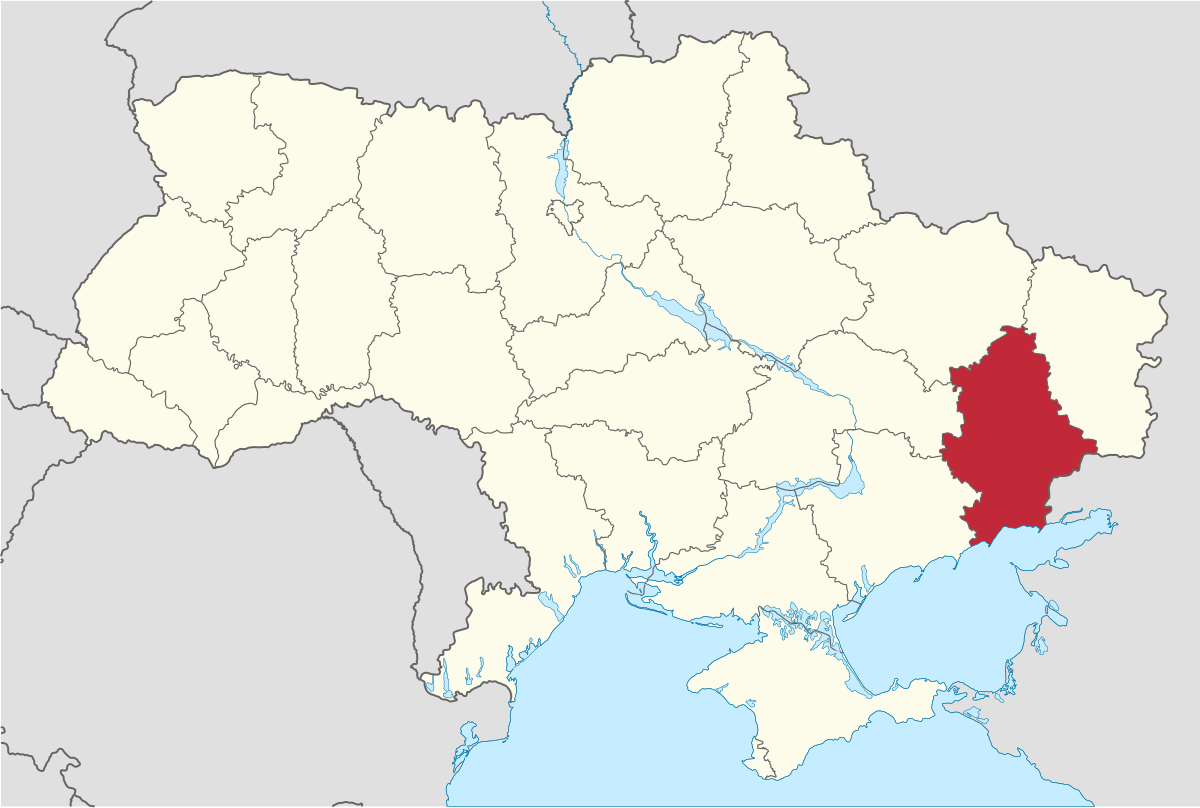By political scientist Andriy Nikulin
For now, it can be summarized that no one understands what is happening, and this very uncertainty will not have a positive effect on the already disoriented American economy—disoriented by the actions of the new administration—as well as on the stock markets.
It is unclear whether the administration will ignore the court’s decision under formal pretexts or comply with it; it is unclear whether importers will start receiving refunds of tariffs they have already paid; it is unclear how the appeal of the verdict in the Supreme Court will end.
In any case, the new decision will complicate both trade negotiations on new tariffs with many countries—which Trump himself limited with tight deadlines—and the ongoing budget approval and large-scale tax cuts negotiations in Congress.
In fact, this is a powerful blow to the entire economic concept announced by Trump, where high tariffs were supposed, on one hand, to compensate for budget losses from tax cuts and deductions, and on the other hand, to stimulate manufacturers to bring factories back to the U.S.
Numerous countries will now delay signing trade agreements awaiting the Supreme Court’s final decision, as will manufacturers who were already reluctant to make costly decisions about relocating their businesses.
Trump started a risky strategy and received a predictable blow; now everyone will watch how he tries to get out of this or upends the table by entering into a direct confrontation with the judicial system.
Quote from Politico:
“The U.S. Court of International Trade unanimously ruled that the president exceeded his authority by imposing tariffs on dozens of trade partners. The federal court overturned tariffs imposed by President Donald Trump, stating that his attempts to justify them with broad references to national emergencies exceeded his legal authority.
The unanimous decision by a panel of three judges of the U.S. International Trade Court deals a blow to a central plank of Trump’s economic agenda at a time when he is trying to use tariffs as leverage to negotiate trade deals worldwide.
Trump justified the tariffs on dozens of countries with declarations of a national emergency related to fentanyl trade and the threat of a persistent trade deficit. Trump also imposed retaliatory tariffs on countries that responded in kind.
However, the court ruled that the federal law authorizing the president to impose tariffs, embargoes, and sanctions in response to national emergencies—the International Emergency Economic Powers Act of 1977—“does not authorize the president to impose unlimited tariffs.”
“Global and retaliatory tariff orders exceed any authority granted to the president to regulate imports through tariffs,” said the ruling of the federal court in New York, which handles cases related to trade legislation.
The court’s decision annulled Trump’s orders to impose 25-percent tariffs on Canadian and Mexican goods and a 20-percent tariff on Chinese goods in response to an alleged national emergency related to illegal drug trafficking. It also canceled the 10-percent tariff imposed on all U.S. trade partners to address the trade deficit, as well as Trump’s suspended “reciprocal” tariffs ranging from 20 to 50 percent on more than 60 trade partners, which were scheduled to take effect on July 9 unless foreign governments reached an agreement with the White House beforehand.”





















